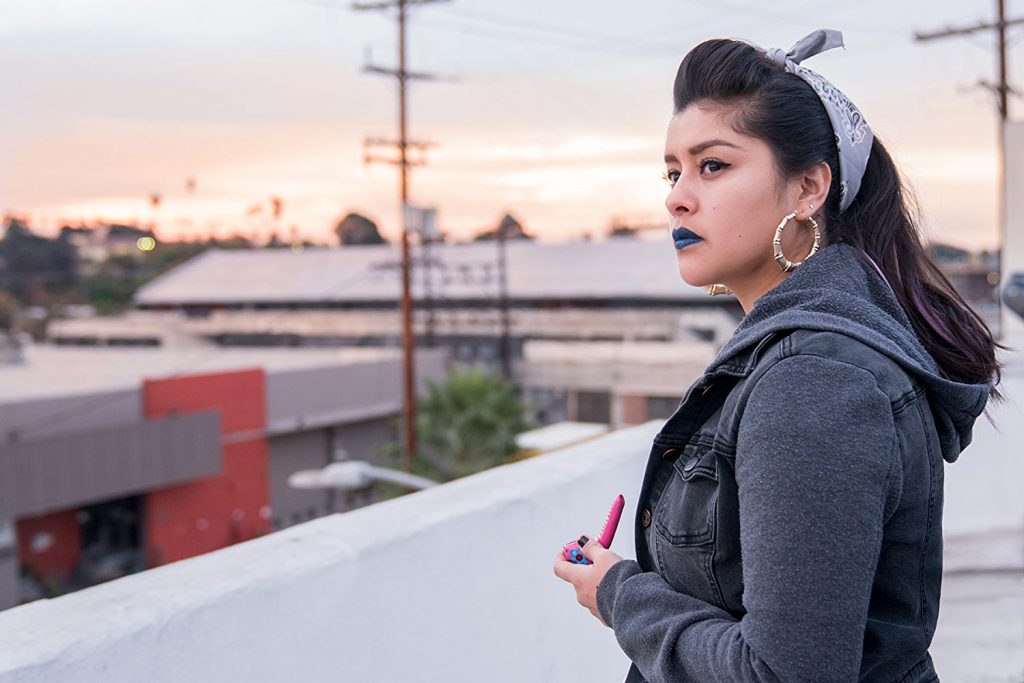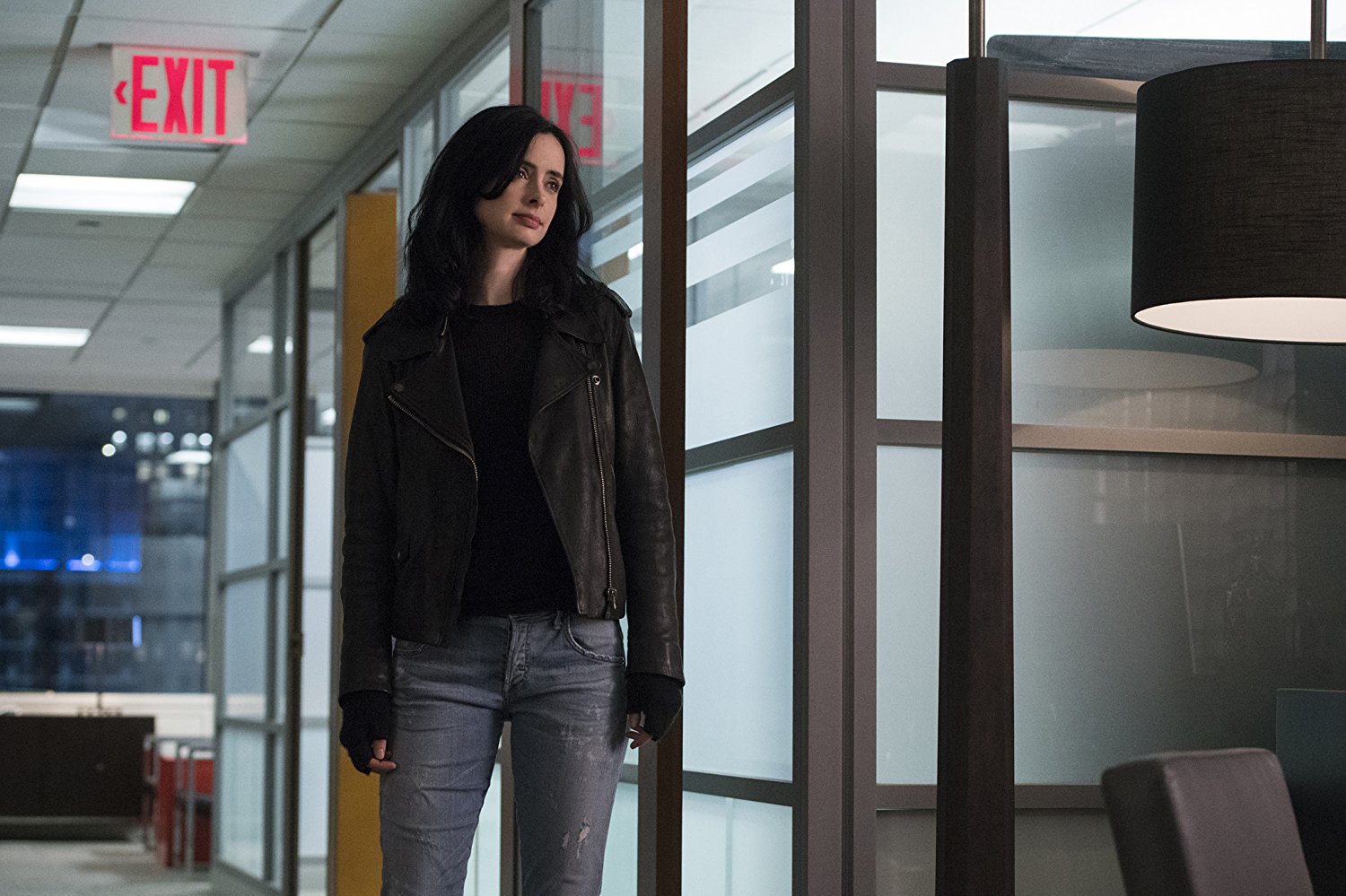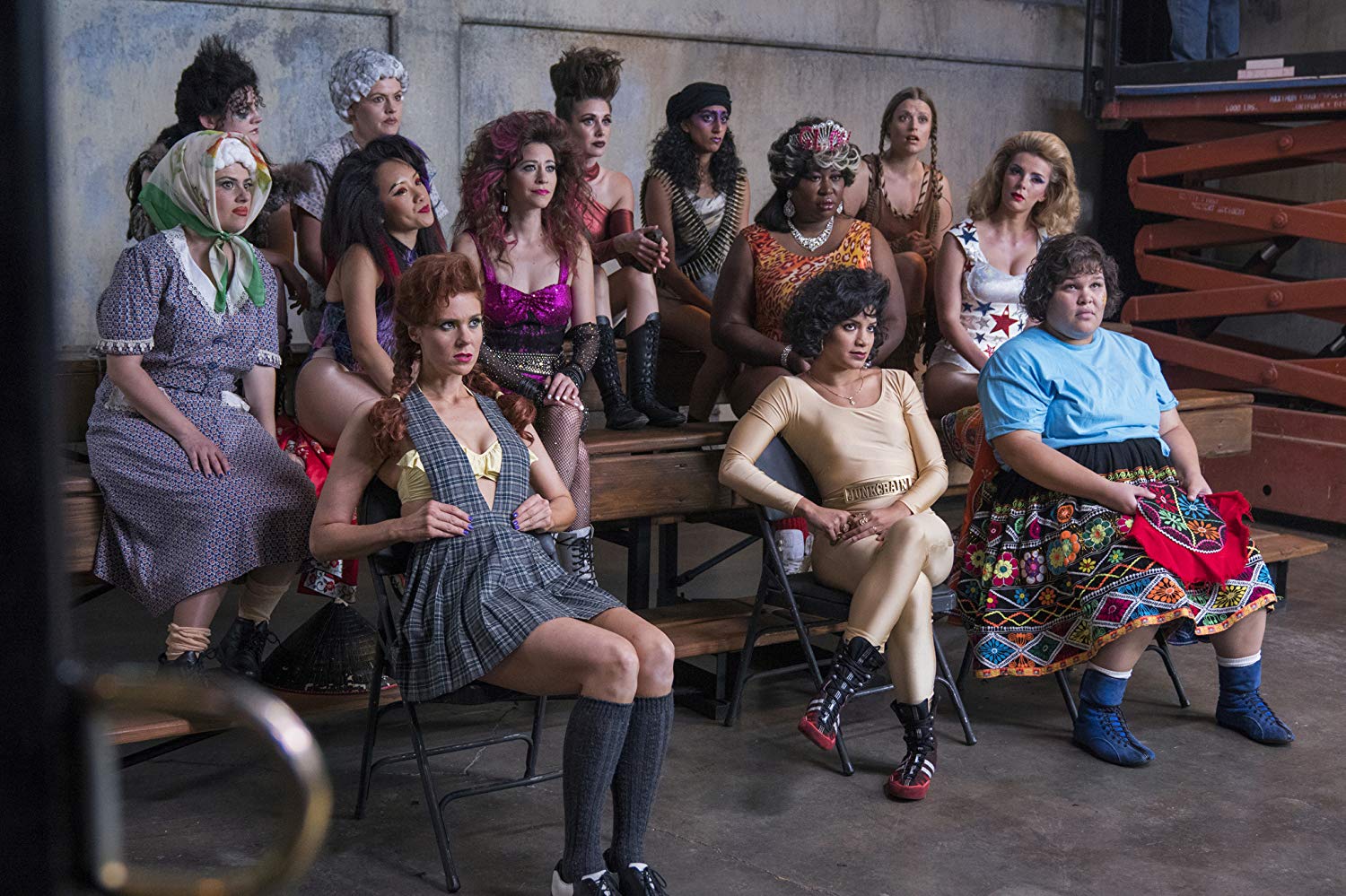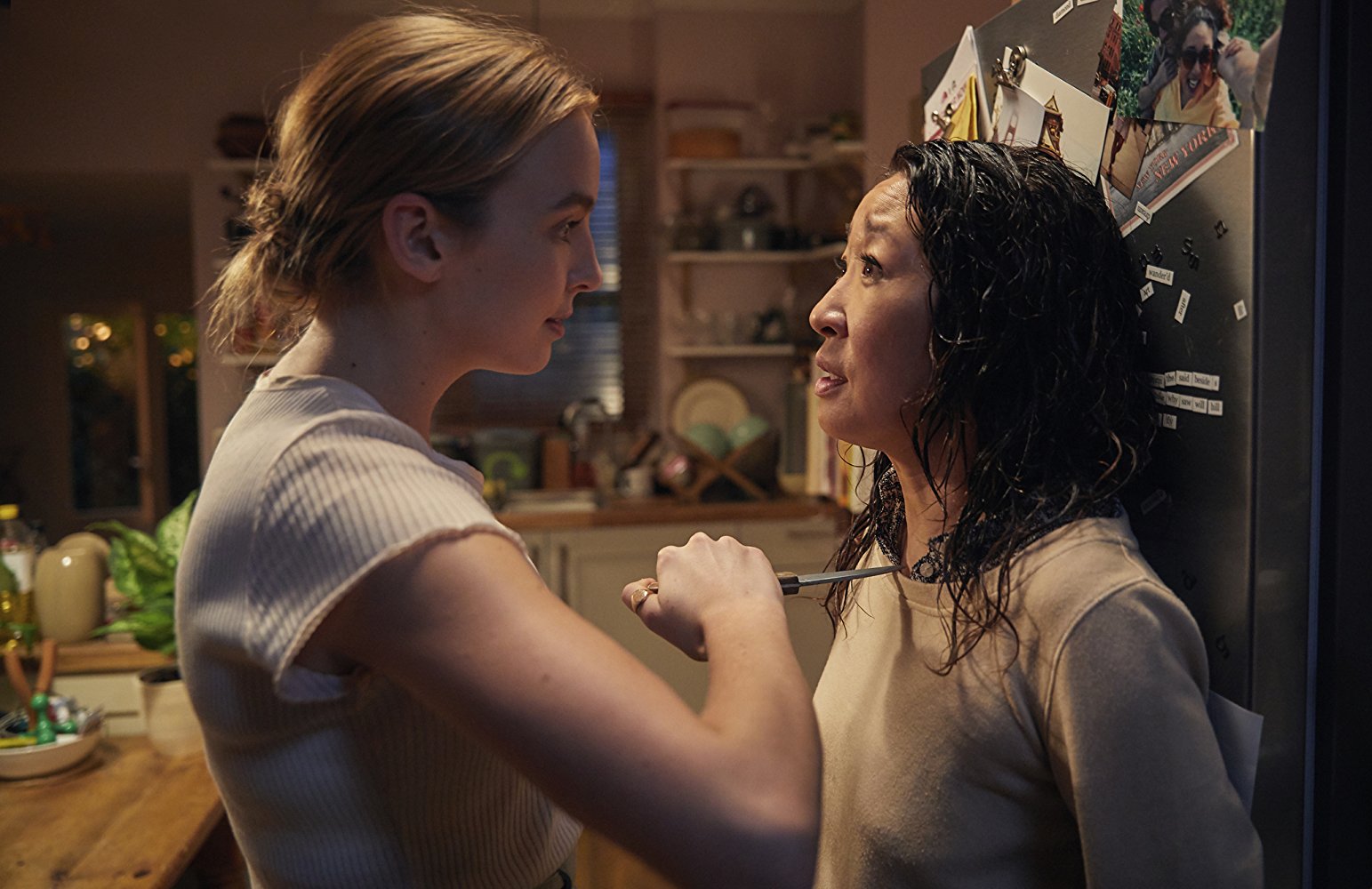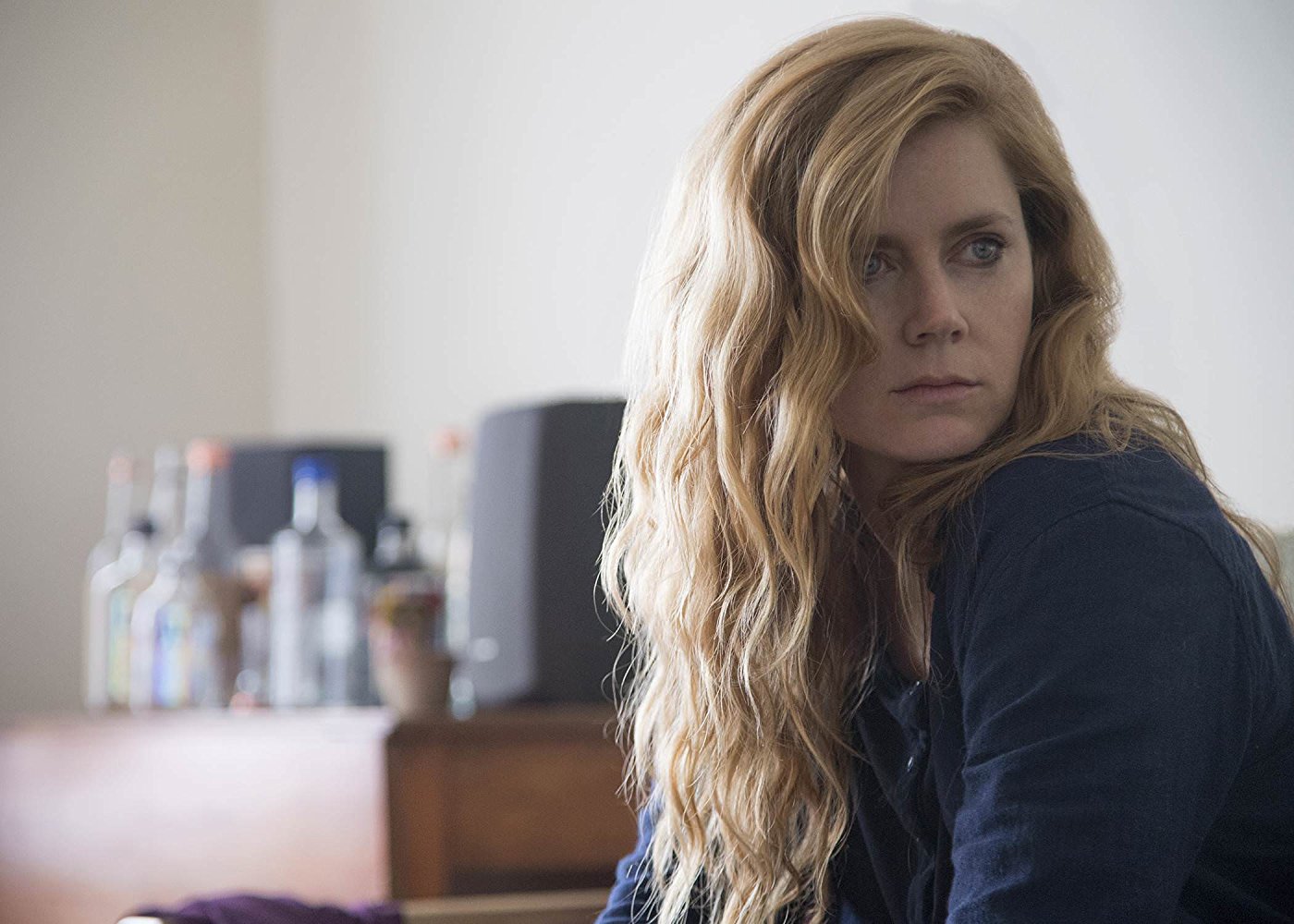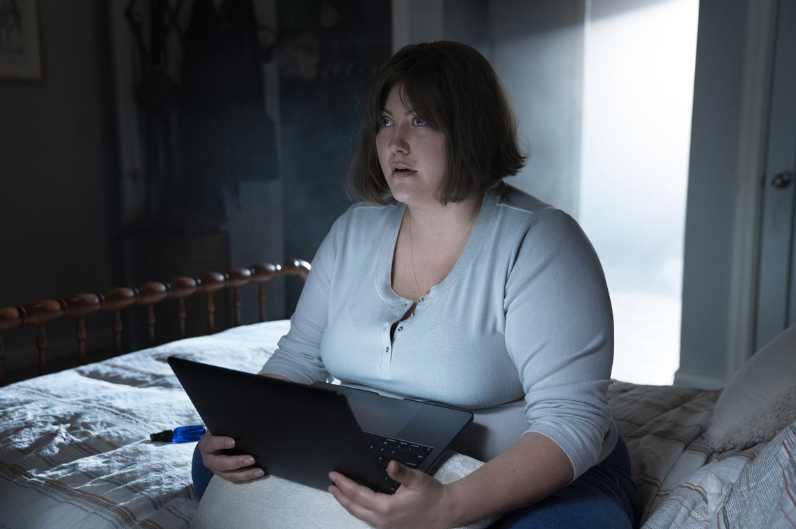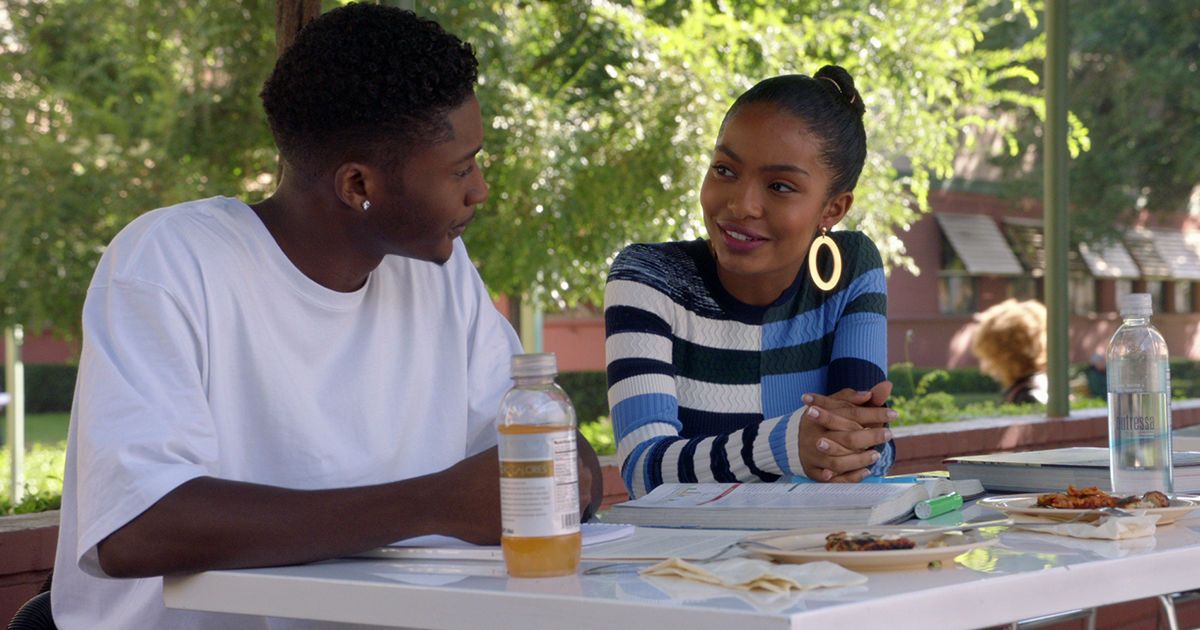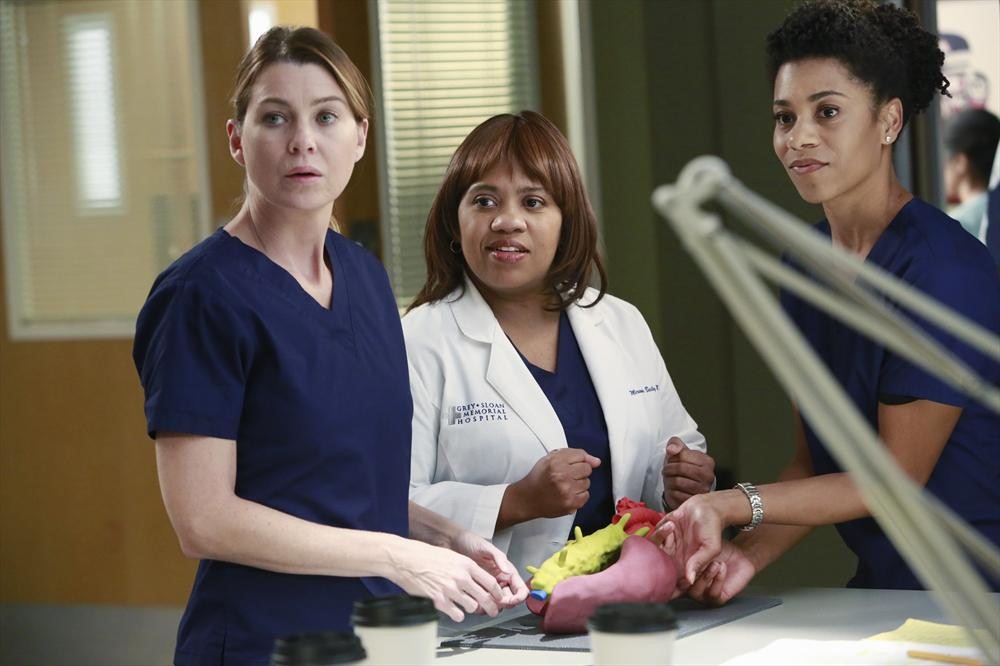2018 offered plenty of buzzy, zeitgeist-y television series about and from women. Dark and stylish, “Killing Eve” and “Sharp Objects” were among the year’s must-sees, contemporary equivalents to water cooler TV. “Vida” gave characters who are often marginalized in other stories — Latina women — a much-needed platform and offered an unsparing look at gentrification. “Chilling Adventures of Sabrina” brought new, morally ambiguous depth to an iconic character. Like the rest of Women and Hollywood’s TV picks of the year, these shows featured nuanced, riveting roles for women and much-needed, fresh perspectives from women behind the scenes.
“Vida” – Created by Tanya Saracho
When you watch a show like “Vida,” you can’t help but wonder why Hollywood isn’t making more projects like it. From Tanya Saracho (“Looking,” “How to Get Away with Murder”), “Vida” is a series whose charms come from its specificity. Lyn (Melissa Barrera) and Emma (Mishel Prada) are Mexican-American sisters who return to East LA when their mother, Vidalia, aka Vida, dies. And they inherit a few surprises along with the apartment building and bar their mom left them, namely the fact that Vida had been married to a woman for years without mentioning it.
As Lyn and Emma figure out what to do with the real estate in their rapidly-gentrifying neighborhood and get to know their stepmother (Ser Anzoategui), they also are forced to reckon with Vida’s legacy and their own pasts. Emma, who is a lesbian, has an especially hard time since she suffered her mother’s internalized homophobia while growing up.
If you ever doubted the need for inclusive storytelling, watching “Vida” will set you straight.
“Jessica Jones” – Created by Melissa Rosenberg
“Jessica Jones” doubled down on its feminist subject matter in Season 2. The series’ first outing followed the titular PI/superhero (Krysten Ritter) as she attempted to rebuild her life after being raped and controlled by nemesis Kilgrave. The sophomore season continued to investigate the aftereffects of trauma — including rage — via Jessica and her foster sister, Trish (Rachael Taylor), another survivor of sexual abuse. “Jessica Jones’” second run also introduced Jessica’s long-lost mother, Alisa (Janet McTeer), who was brought back from the brink of death and received her own superpowers thanks to some shady, very unethical experiments.
With these three characters, Melissa Rosenberg’s interpretation of the Marvel comics offered a fascinating perspective on women and power — physical, societal, and emotional — this year.
“GLOW” – Created by Carly Mensch and Liz Flahive
“GLOW’s” debut season was a triumph, and Season 2 saw Ruth (Alison Brie), Debbie (Betty Gilpin), and the other Gorgeous Ladies of Wrestling stepping up their game in the ring and outside of it. It’s so great to see the cast — and their characters — becoming braver, stronger, and more experienced wrestlers.
Ruth and Debbie’s complicated friendship continues to evolve in the show’s second season, and remains the most compelling relationship in the dramedy, which never prioritizes the women’s romantic lives at the expense of depicting their work with GLOW or friendships within the company.
Highlights of Season 2 include Ruth stepping into the director’s chair — and facing sexist backlash for it — and the subtle and heartbreaking depiction of Bash (Chris Lowell) learning that his best friend, butler, and possible lover Florian has passed away from AIDS.
“Killing Eve” – Created by Phoebe Waller-Bridge
“Fleabag” was no fluke: Phoebe Waller-Bridge’s follow-up to that tragicomedy, spy thriller “Killing Eve,” is just as sharp, fun, and twisted. The BBC America series revolves around the obsessive relationship between MI5 desk jockey-turned-covert operative Eve (Sandra Oh, who received an Emmy nod for her performance) and the sociopathic contract killer she’s trying to catch, Villanelle (Jodie Comer).
As the two women learn more about one another, they realize they have more in common than not — although Eve is loathe to admit it. They’re both reckless, attracted to danger, and incredibly good at the international espionage game. Plus, as the debut season’s final episodes suggest, they may even be working for the same people. And we haven’t even mentioned the psycho-sexual attraction between Eve and Villanelle. It’s a really fucked-up dynamic, but “Killing Eve” wouldn’t be nearly as addictive without it.
“Sharp Objects” – Created by Marti Noxon
Its finale’s jaw-dropping mid-credits sequence and haunting final image are enough to make “Sharp Objects” the most memorable show of the year. But everything that came before it — the gothic themes, the ghosts of slavery and the Confederate South, the murder mystery, the unbelievable performances from Amy Adams, Patricia Clarkson, and Eliza Scanlen — make it an instant classic.
From TV vet Marti Noxon, the HBO adaptation of Gillian Flynn’s first novel is, at its core, about women’s rage and how it manifests itself. For Camille (Adams), it’s cutting herself. For her mother, Adora (Clarkson), it’s poisoning her children. And for Amma (Scanlen), Camille’s younger half-sister, it’s using her beauty, intelligence, and Queen Bee status to carry out her sociopathic tendencies.
For most of the miniseries, the police are certain the violent murder of two young girls could only be a man’s work. The two (male) cops on the case cannot conceive of a woman doing anything so horrifying. But “Sharp Objects” can. Camille, Adora, and Amma are all capable of brutality in some form or another. Their stories are dark and warped, and impossible to look away from.
“Dietland” – Created by Marti Noxon
The other new Marti Noxon series of 2018 also tackled women’s anger — and much more. Based on Sarai Walker’s novel, “Dietland” took on workplace sexual harassment, body shaming, Western culture’s unattainable beauty standards, rape culture, porn, and whether violence is ever really justified. That’s more subject matter than most shows get to in 10 seasons, which slightly softens the blow of “Dietland’s” premature cancellation.
Focusing on Plum (Joy Nash), a fat woman who is desperate to be thin, the series offered a rare, incisive perspective on feminism, its many interpretations, and how it is used for good and evil — and sometimes both, simultaneously. Plum is caught between the radical feminists of vigilante group Jennifer, the bullshit women’s empowerment of her magazine editor boss, and the self-absorption-masked-as-altruism of a Gloria Steinem-esque mentor. In short, “Dietland” captured the complexities of contemporary feminism. If only it could continue to do so.
“Grown-ish”
Zoe Johnson (played by the wonderful Yara Shahidi) is in for a rude awakening when she arrives at college and, like most kids who come from a certain kind of upbringing, is not equipped for living on her own. The debut season started off with Zoe figuring out how to survive and then morphed into a clinic of all the issues that young people are navigating today: dating, drugs, race, sexual harassment, your first real love having an NBA contract, etc. Zoe’s group of friends are all endearing, smart-mouthed, and cynical, but they also have each other’s back.
“Chilling Adventures of Sabrina”
“Chilling Adventures of Sabrina” bears little resemblance to the T.G.I.F. show that preceded it. Taking over for Melissa Joan Hart’s “Sabrina the Teenage Witch,” “Mad Men” alumna Kiernan Shipka plays the role of Sabrina Spellman in Netflix’s “Chilling Adventures,” a decidedly darker take on the story of a half-witch, half-mortal living in the fictional town of Greendale. This version of Sabrina is being forced to choose between two worlds: the witch world of her family and the human world of her friends. And the stakes are terrifyingly high: Sabrina’s soul is up for grabs.
The show sees its heroine battling destiny and the patriarchy at her high school and among witches and warlocks alike. She refuses to be bound by tradition, and risks everything — including her life — to live on her own terms. “Sabrina” includes familiar tropes from teen dramas, but it’s also refreshingly ambitious, and engages with critiques of organized religion as seamlessly as it depicts a high school costume party.
“Grey’s Anatomy” – Created by Shonda Rhimes
It’s hard to believe that “Grey’s Anatomy” is in its 15th season. But the mothership of the Shondaland empire on ABC is still relevant and quite good after a decade and a half. The show continues to be on the cutting edge of inclusion and has always pushed the storytelling boundaries on women’s competence and ambition. The characters all a bit nuts, but that’s a huge part of “Grey’s” endearing qualities.
This past year the series had a long #MeToo arc that allowed Debbie Allen to shine. The show also has been leading the conversation of women in power behind the scenes with Shonda Rhimes moving her empire to Netflix and Ellen Pompeo signing a gigantic deal and becoming a producer not only on “Grey’s” but also on spinoff “Station 19.”
“Making a Murderer” – Written and Directed by Moira Demos and Laura Ricciardi
Watching this show is a constant exercise in head-shaking over how the legal system treats people who are poor or who have little power. Season 2 picks up with Steven Avery still in jail for the murder of Teresa Halbach. This season Steven gets a new lawyer, Kathleen Zellner, who has a great track record of getting convicted murderers out of prison. She’s a fascinating addition to the show, and we get a first-hand look at fight to get Avery and Brendan Dassey their lives back.
“Making a Murderer” is a deep look at the flawed legal system. When you watch it, it’s impossible not to ask yourself repeatedly: How is it that someone can get thrown in jail easily, but can’t get out even when it’s clear they aren’t guilty?
